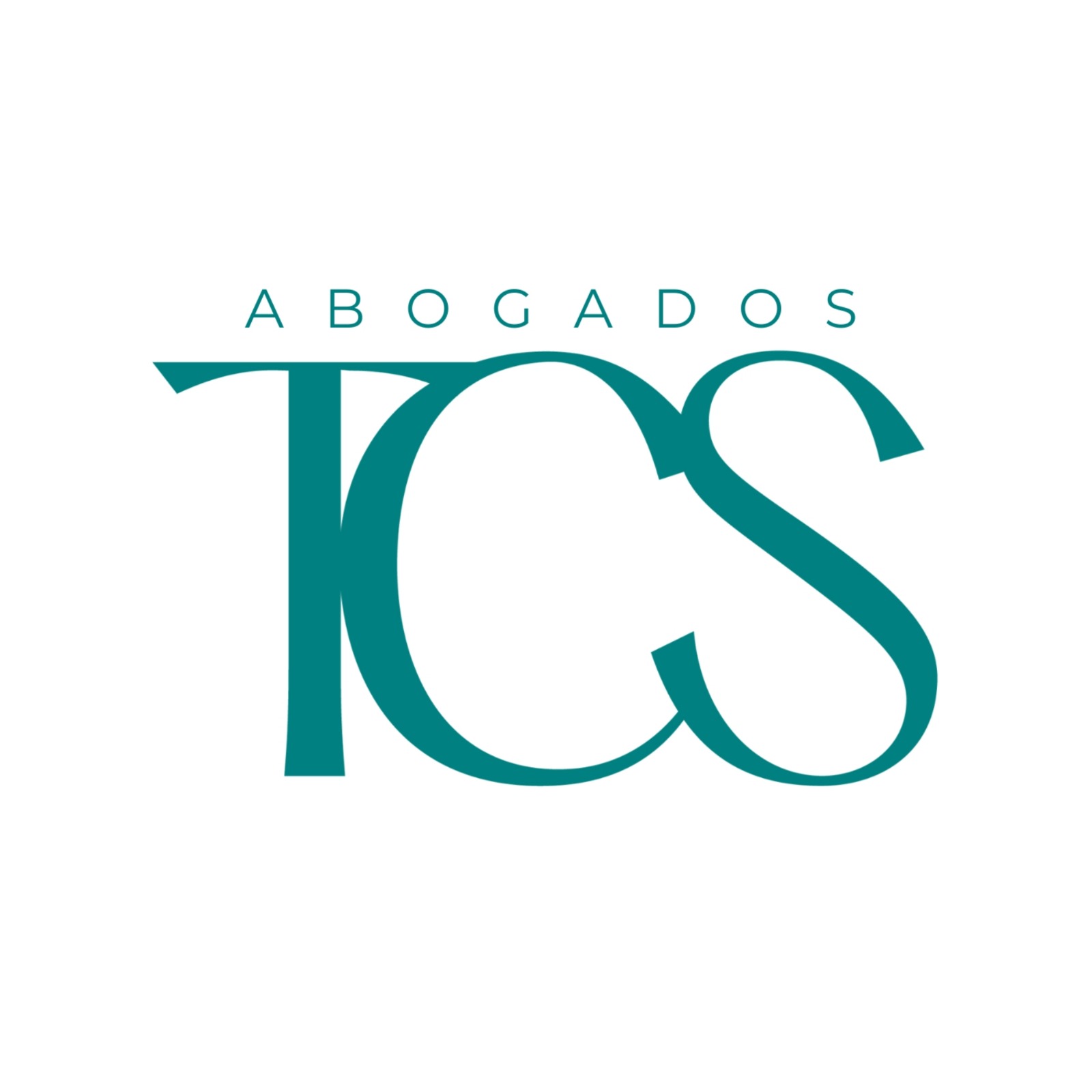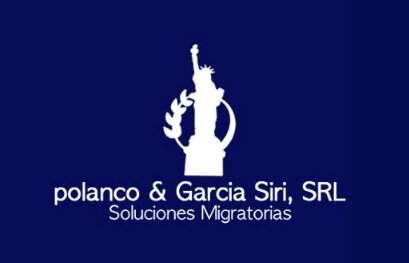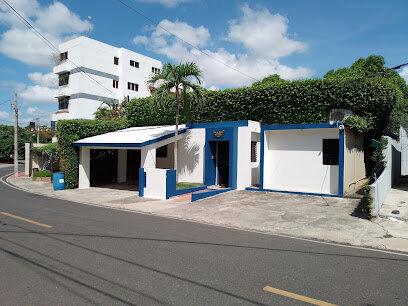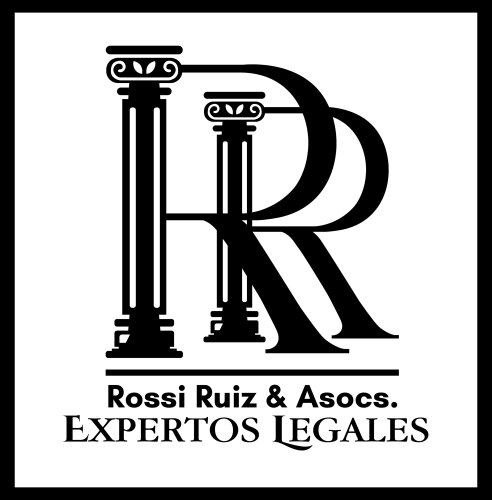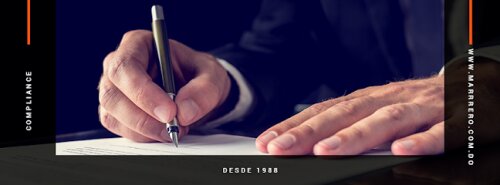Best Native People Lawyers in Dominican Republic
Share your needs with us, get contacted by law firms.
Free. Takes 2 min.
Or refine your search by selecting a city:
List of the best lawyers in Dominican Republic
About Native People Law in Dominican Republic
The indigenous people of the Dominican Republic primarily consist of the Taíno people, who were the original inhabitants of the island. Over centuries, the impact of colonization, cultural transformation, and modern-day developments has influenced their presence and status. Today, the rights and recognition of indigenous peoples are pivotal issues, particularly as they pertain to land rights, cultural preservation, and social justice. Understanding the legal landscape that governs these matters is essential for those seeking to support and advocate for indigenous rights in the Dominican Republic.
Why You May Need a Lawyer
The complexities surrounding Native People in the Dominican Republic often necessitate legal assistance. Common situations where one might require a lawyer include disputes over land ownership and use, protection of cultural heritage sites, challenges to indigenous rights in local courts, and navigating the bureaucratic processes for governmental recognition. Legal expertise can also aid in influencing policy changes and securing government-recognized status to ensure that indigenous people can exercise their rights fully.
Local Laws Overview
The Dominican Republic has gradually evolved in recognizing the rights of indigenous peoples, although challenges remain. The Constitution asserts the equality of all citizens, yet specific legislative measures addressing the unique needs and rights of Native People have been limited. Issues such as land rights, cultural preservation, and participation in government decision-making processes are areas where laws are either nascent or need stronger enforcement. Knowledge of international conventions, like the ILO Convention 169, which addresses indigenous and tribal peoples' rights, is also pertinent, as these frameworks influence local legal standards and protections.
Frequently Asked Questions
What are the current legal rights of Native People in the Dominican Republic?
Currently, there is limited specific legislation directly addressing the rights of indigenous peoples in the Dominican Republic, though general constitutional rights apply.
How are indigenous land rights protected?
Land rights are a complex issue. Indigenous peoples often face challenges in proving historical land ownership due to the lack of documentation and recognition by the state.
Are there any recognized indigenous tribes or communities?
Recognition of indigenous communities is limited, but cultural groups continue to advocate for acknowledgment and preservation of their heritage and rights.
What international agreements affect indigenous rights in the Dominican Republic?
International agreements such as the International Labour Organization's Convention No. 169 provide a framework for indigenous rights, influencing local laws and practices.
Can indigenous people participate in political processes?
While all citizens can participate in political processes, indigenous groups often seek greater representation and voice in government through advocacy and policy reform.
How can indigenous cultural practices be preserved legally?
Cultural preservation is primarily driven by advocacy, education, and sometimes through the designation of cultural heritage sites, though more formal legal mechanisms are needed.
What organizations can help with legal issues specific to indigenous people?
Local NGOs, international human rights bodies, and cultural heritage organizations are effective in supporting indigenous rights and legal issues.
Are there specific lawyers or law firms specialized in indigenous rights in the Dominican Republic?
Some lawyers and firms focus on human rights and can provide specialized services for indigenous issues, often working alongside international organizations.
What can be done to improve legal recognition of Native People?
Legal reform, international cooperation, awareness campaigns, and pressure from civil society are crucial for enhancing legal recognition and protection.
What rights do indigenous people have regarding environmental conservation?
Indigenous groups often play a crucial role in environmental conservation, yet securing legal rights to manage and protect their land remains a challenge.
Additional Resources
For those seeking further information or assistance, the following resources may be helpful:
- The Ministry of Environment and Natural Resources, which deals with land and environmental issues.
- Local human rights organizations active in indigenous advocacy.
- International agencies such as the United Nations Permanent Forum on Indigenous Issues.
- Non-governmental organizations focusing on cultural preservation and indigenous rights.
Next Steps
If you require legal assistance or wish to become more involved in indigenous rights advocacy, the following steps are recommended:
- Seek out expert legal advice from attorneys specializing in indigenous rights.
- Engage with local and international advocacy groups to understand your rights and avenues for legal recourse.
- Gather documentation relevant to your case, such as land records or historical evidence.
- Stay informed about legislative changes and participate in indigenous communities’ efforts to improve legal recognition.
Lawzana helps you find the best lawyers and law firms in Dominican Republic through a curated and pre-screened list of qualified legal professionals. Our platform offers rankings and detailed profiles of attorneys and law firms, allowing you to compare based on practice areas, including Native People, experience, and client feedback.
Each profile includes a description of the firm's areas of practice, client reviews, team members and partners, year of establishment, spoken languages, office locations, contact information, social media presence, and any published articles or resources. Most firms on our platform speak English and are experienced in both local and international legal matters.
Get a quote from top-rated law firms in Dominican Republic — quickly, securely, and without unnecessary hassle.
Disclaimer:
The information provided on this page is for general informational purposes only and does not constitute legal advice. While we strive to ensure the accuracy and relevance of the content, legal information may change over time, and interpretations of the law can vary. You should always consult with a qualified legal professional for advice specific to your situation.
We disclaim all liability for actions taken or not taken based on the content of this page. If you believe any information is incorrect or outdated, please contact us, and we will review and update it where appropriate.
Browse native people law firms by city in Dominican Republic
Refine your search by selecting a city.



